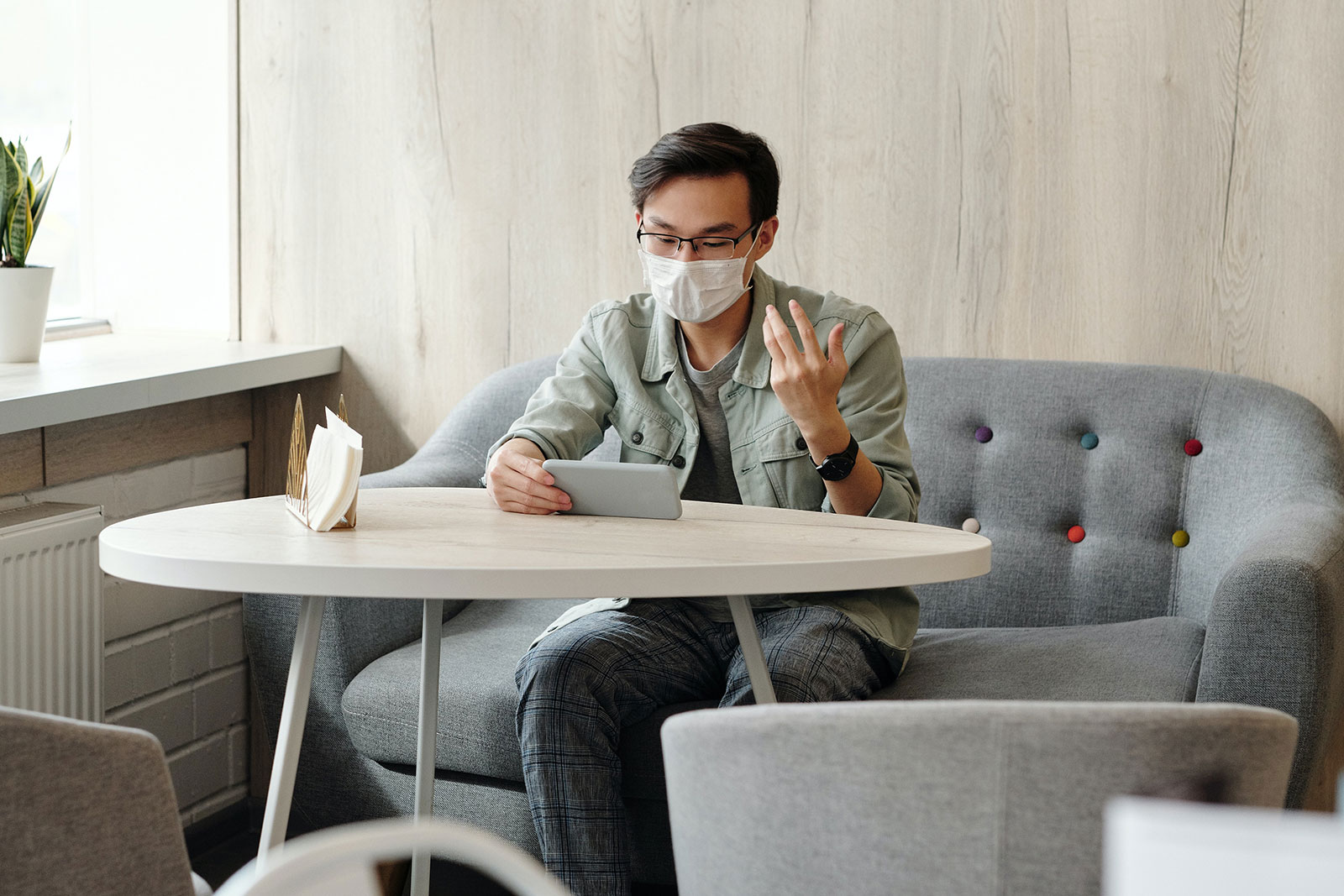The first confirmed cases of the novel coronavirus (COVID-19) were reported in Wuhan, China, in late December. Since then, it has spread quickly to over 180 countries, with more than 9.4 million confirmed cases. The virus causes a respiratory illness similar to the flu or common cold by targeting the lungs and attacking healthy cells, using them to replicate itself. Eventually, healthy lung cells become overwhelmed and unable to function. Complications from the virus can escalate in just a few short days, and patients can experience respiratory distress, the need for ventilation and permanent lung damage. For the average population, symptoms range in severity from asymptomatic to mild to critical.
But for those with underlying conditions—including asthma, high-blood pressure and diabetes—it can be especially volatile. More than 483,000 people have died globally. For cancer warriors and thrivers (who typically have compromised immune systems), the risk may be even greater. According to the Journal of the National Comprehensive Cancer Care Network, people with cancer are 3.5 times more likely to need mechanical ventilation, be admitted to the ICU, or die compared to those without cancer.
“The data is still evolving and we are still learning about COVID-19 and cancer,” says Muaiad Kittaneh, MD, FACP, an assistant professor and specialist in hematology and oncology at Loyola University Medical Center. “It is reasonable to think that cancer patients are at a higher risk of complications due to effects of cancer and/or therapies they receive like chemotherapy, immunotherapy or radiation therapy, especially when it involves the lung—the organ that the COVID-19 virus affects the most.”
With a significant portion of the country’s population at risk, it is imperative to understand the effects COVID-19 may have on those with cancer, especially lung-specific cancers like mesothelioma, which also develops in the lungs and is caused by exposure to toxic asbestos fibers. The fibers, which are usually inhaled, settle into the tissues of the abdomen and other areas of the body impairing healthy cell function. By the time the cancerous tumors are typically discovered, years have passed and patients are often given a terminal diagnosis. For mesothelioma patients, a dangerous combination of immunodeficiency, pre-existing respiratory illness and older age places them at a higher risk of death due to complications from contracting COVID-19.
These risks are an unavoidable reality for 14-year pleural mesothelioma survivor, blogger and cancer research advocate Heather Von St. James. As a cancer survivor, she shares concerns about her health and the health of others.
“You know, it’s scary how quick it spreads and how quietly it spreads, especially since so many people are asymptomatic and are going about their normal life not thinking about it,” Von St. James says. “People who have health issues get exposed unknowingly.”
According to the CDC, COVID-19 is an airborne virus that is transferred by microscopic water droplets in the air. Common actions such as breathing, talking, coughing and sneezing can spread the virus to new hosts. In more than half of confirmed COVID-19 cases, patients were asymptomatic. This makes COVID-19 even more dangerous.
The American Cancer Society says mesothelioma patients often receive a five-year survival rate of 20 percent if their cancer is localized. The survival rate drops even lower to just 8 percent if the cancer has spread to the liver, bones and pleura on the other side of their body. Although Von St. James has beat the odds, these numbers provide a constant reminder of how crucial self-vigilance is for many mesothelioma survivors and current warriors during this time.
Adding to the uncertainty is the reality that most Americans still have not been adequately tested for the virus. Of the more than 300 million people living in the United States, just over 30 million have been tested to date.
Although the federal government touts quicker testing methods, researchers warn about the possible inefficacy of these tests.
In a critical attempt to reduce the rate of infection and overcrowding of medical facilities, political officials have urged Americans across the country to keep their distance from others and stay at home. As a result, more than 297 million Americans have been issued stay at home orders in 38 states across the country. Forty-two states have extended school closures and 11 states permanently ended the school year early.
For patients with mesothelioma, staying at home and quarantining is vital. Exposure to public places or asymptomatic carriers provides an additional, life-threatening risk. “We pulled my daughter out of school,” Von St. James says. “They gave us the option early on for her to E-Learn, and then the next day, the governor here in Minnesota canceled school.”
The American Cancer Society recommends cancer patients remain in consistent contact with their doctors to discuss treatment plans. To avoid exposure, pre-scheduled preventative care like screenings and medical treatments like chemotherapy may be delayed or rescheduled.
“I recommend and follow the ASCO and CDC recommendations of social distancing,” Dr. Kittenah says. “You should avoid close and sick contacts, clean your hands frequently with soap and water for 20 seconds and use 60 percent alcohol-based hand sanitizer, especially after touching any surfaces, coughing and sneezing. You should avoid hand contact with the face, eyes, nose and mouth as well as clean and disinfect frequently touched surfaces.”
Caregivers should be mindful when coughing or sneezing around loved ones who have been diagnosed with mesothelioma. Instead, they should cough or sneeze into a sleeve or tissue. And everyone should wear a mask to prevent droplets from spreading.
Spreading the virus to those who are immunodeficient can have devastating effects. Political officials and health care officials alike urge Americans to take the COVID-19 pandemic seriously.
“I know a lot of people are thinking ‘It’s not affecting me,’ so they don’t feel like they have to be careful,” Von St. James adds. “It’s just a blank disregard for the science and for what needs to be done. We are in this for the long haul.”







